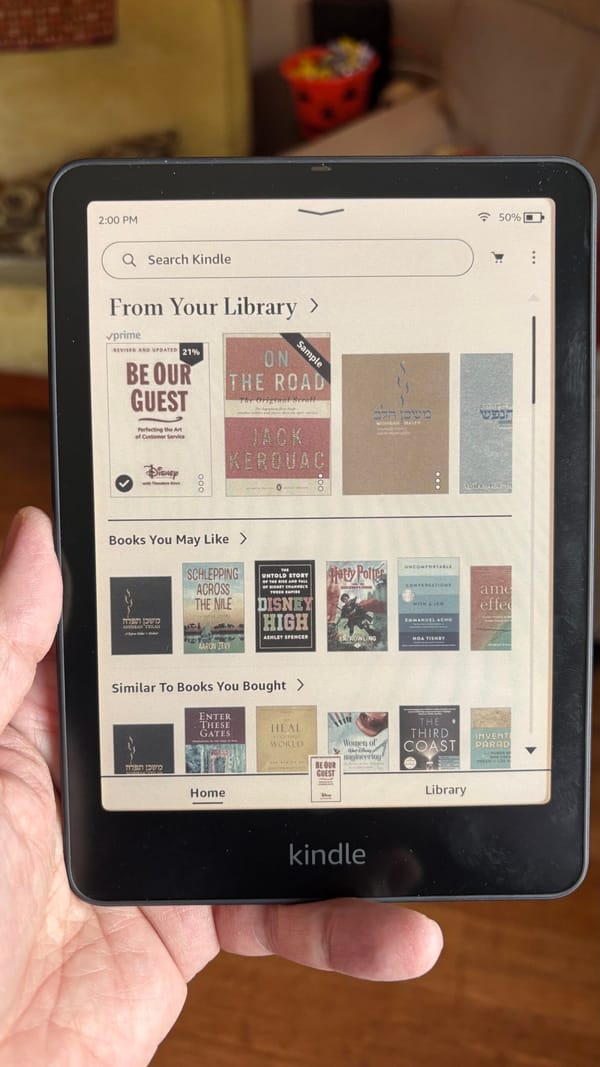Google Should Reboot Buzz to Bring Back Informed Consent (UPDATED)
In order to meet industry standards for protecting privacy on the Internet, Google should shut down new social-media service Buzz and reboot it as a service that gives informed consent back to users.

After more than a day of angry Gmail users complaining that Google's new social-media service, Buzz, didn't meet acceptable standards for the protection of privacy on the Internet, yesterday Google announced a half-hearted solution. Controls to toggle whether a user's follower and following lists are publicly viewable were made easier to find.
However, Google is continuing the practices of signing up Gmail users for the service without their consent, and auto-following for them the people they email most frequently. As I and many other tech watchers have already noted, that still doesn't cut it as far as online privacy protection is concerned.
Google's misstep here is ignoring the bedrock Internet standard of informed consent. Leading social networking services Facebook, Twitter, and LinkedIn all give users advance notice of activities that may impact their privacy and the privacy of their friends and followers. Users get to decide whether to mine their email accounts for contacts, whom to follow, whether to make themselves and their connection lists public, and--most of all--whether to opt-in to the service in the first place.
Google Buzz does none of these things, essentially rejecting the informed-consent standard completely. Until Google revises the way Buzz works in order to add advance informed consent into every step of the user interface, it will not meet acceptable Internet privacy standards.
That means Google has to do a lot more than just make a couple of toggle switches more prominent. In order to add informed consent into Google Buzz at a level which finally meets industry standards for privacy protection, Google must shut Buzz down and reboot it as a service where Gmail users are asked to opt-in from the beginning. Google must also cease the practice of mining and auto-following any user's email recipients.
Anything less is more evidence that Google simply doesn't understand how the social-mediasphere works. It's users alone who get to decide whom to network with, whom to let watch them do it, and most importantly, whether to create an account in the first place.
And there's no way for Google to make that happen on Buzz without a big, fat, public Mulligan.
UPDATE 2/14/09: Saturday on the official Gmail blog, Todd Jackson, Gmail & Google Buzz Product Manager announced major changes to the Buzz service. Most important among them: autofollow will now become auto-suggest. New users who sign into Buzz for the first time will see a list of suggested people to follow, drawn from their frequent email recipients, but it will be up to Buzz users to choose to follow them or not. As well, Buzz controls will now become a tab in the Gmail dashboard, and will include a very prominent choice to turn Buzz off completely.
Auto-suggest makes a lot more sense from a privacy and consent standpoint, though it would be even better if Google allowed users to manually opt-in to the service. Cnet's Chris Matyszczyk gleefully noted the main point of the mea culpa. Jackson admits Google was taken by surprise that anyone would be upset to find an auto-bot had already signed up their followers.
In a way, that humanizes Google. It's nice to see they're fallible, and it's equally heartening to know they're learning. Moral of this story: social media ventures ought to be strategized from a customer-relations perspective, not a techs-sitting-around-the-card-table perspective. Next time, Google, please put yourself in our shoes, first, and you may save us all a big headache.




